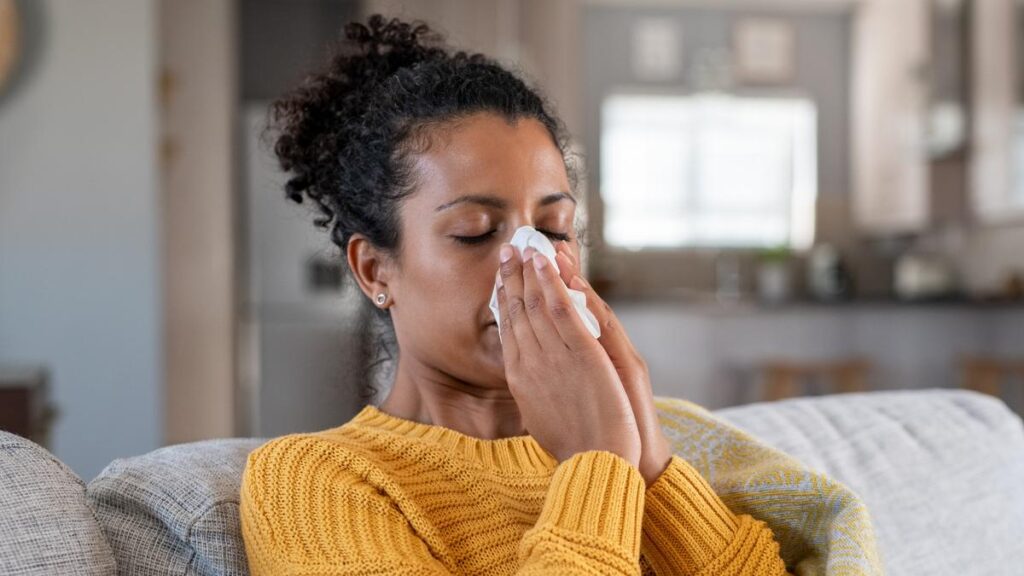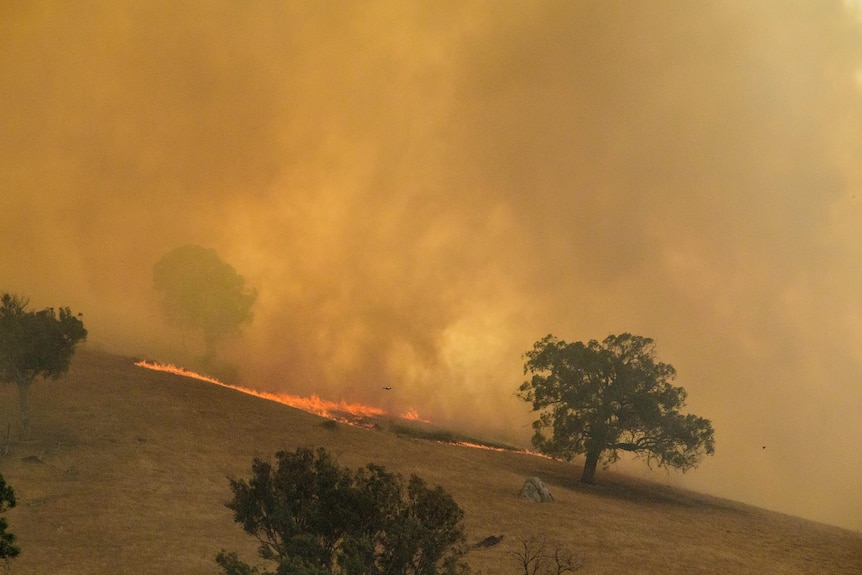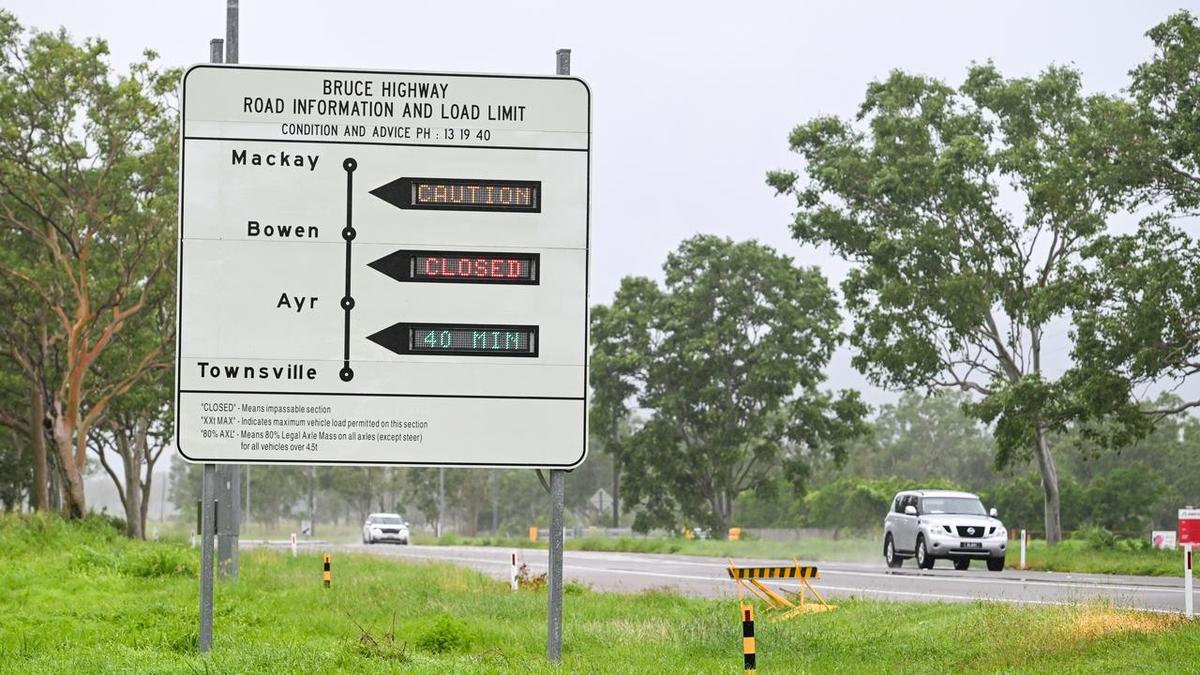
Portrait of young black woman sneezing in to tissue at home. Sick african woman wrapped in blanket sitting on sofa blowing her nose at home. Ill girl sneezing with runny nose in winter.
URGENT UPDATE: New reports reveal that one in three Australians is now living with an allergy, dramatically increasing from one in five in 2007. A comprehensive analysis by Deloitte Access Economics confirms that approximately 8.2 million Australians are affected, highlighting a growing public health crisis.
The report, released today, outlines the severe financial and emotional toll of allergic diseases, estimating an annual burden of $18.9 billion on the healthcare system. This figure is compounded by an additional $44.6 billion in lost wellbeing, underscoring the urgent need for action.
The most prevalent allergies include hayfever affecting 23.5% of the population, eczema at 10.9%, and asthma impacting 9.3%. Alarmingly, the report notes that one in ten babies now suffers from a food allergy. Last year, over 2400 people were hospitalized due to anaphylaxis, with 20 fatalities largely linked to food triggers, insect stings, or medications.
Experts are raising alarms about this growing trend. Dr. Kirsten Perrett, director of the National Allergy Centre of Excellence, stated, “Australia has some of the highest allergy rates globally, including the world’s highest reported rate of infant food allergy.” She attributes this rise to environmental changes, including urbanization and pollution, as well as lifestyle factors like antibiotic use.
The impact of allergies extends beyond physical symptoms. As Dr. Perrett noted, “The burden isn’t just physical; for many families, allergic disease disrupts daily life and brings financial and emotional strain.” The report reveals that millions of families are living in constant vigilance and fear due to allergies.
Maria Said, co-chair of the National Allergy Council, emphasized the urgent need for a shift in focus: “For too long, the everyday impact of allergies has been invisible. Allergies don’t just disrupt health – they reshape lives.”
The report calls for immediate investment in clinical and public health programs aimed at reducing allergy costs, training health professionals, and enhancing allergy prevention and management research.
With allergies now classified as one of Australia’s fastest-growing chronic conditions, authorities are urged to act swiftly to address this escalating crisis. As the situation unfolds, families and individuals affected by allergies are left grappling with the profound impact on their lives, highlighting a critical need for ongoing dialogue and effective policy solutions.
Stay tuned for more updates as this situation develops.







